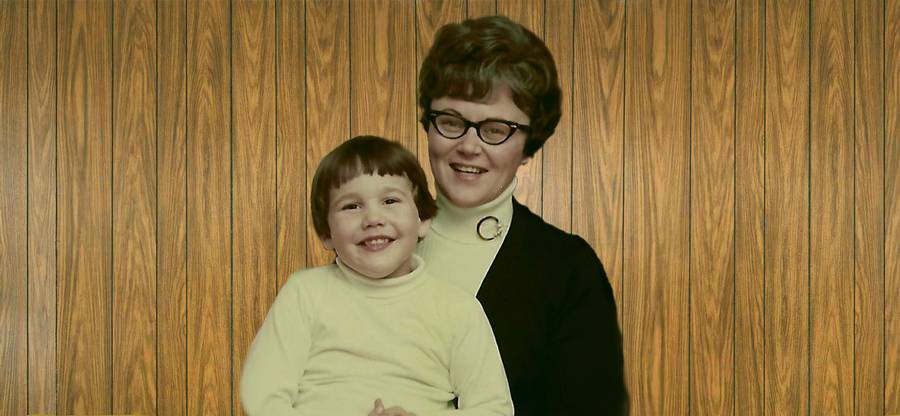
The journey of caregiving, as I've shared, is not just about managing tasks or emotions; it's fundamentally about the evolution of relationships. The deepest shift has been in the parent-child dynamic itself. Once a clear hierarchy of guidance and dependence, it has transformed into a more complex, interconnected relationship where roles are not just redefined, but at times, reversed. It's a transition that, while challenging, also offers a unique opportunity for deeper connection and understanding.
The Child as Advocate and Supporter
Stepping into the role of an advocate for my mother has been a significant part of this reimagining. It means not only ensuring her physical needs are met but also her emotional and social well-being. This involves being her voice in medical settings when she is uncomfortable sharing her challenges, taking her to bingo to have community with her friends and finding opportunties for her to get out the house. It's a responsibility that carries weight, requiring me to balance her autonomy with her safety. I've learned the importance of open communication with healthcare professionals, armed with information and a clear understanding of her wishes. This advocacy extends beyond medical appointments to daily life, ensuring she feels heard and respected in every interaction.
Parental Adaptation A New Chapter
For my mother, this shift has undoubtedly presented its own set of adjustments. Her independence, a cornerstone of her identity, has been altered by her physical limitations. Witnessing this requires a delicate touch, offering support without undermining her sense of self. This balance I am still learning how to manage, I find myself missing the mark and letting my frustrations show too much. What I am learning is that it’s about finding ways to empower her within her new circumstances. This might mean adapting routines to suit her abilities, celebrating her achievements, no matter how small, and respecting her need for control in areas where she still can exert it. Her resilience in facing these changes has been inspiring, and our conversations often revolve around her frustrations in her preceived slow recovery and my encouragement of how far she has come.
Fostering Respect and Understanding
The bedrock of navigating this evolving dynamic is mutual respect and understanding. For me, this means acknowledging her lived experience, her wisdom, and her enduring spirit, even as her physical capabilities change. It means I need to listen more than I speak, offer suggestions rather than commands, and celebrate her personhood beyond her current health status. For her, it seems to involve a growing understanding of my role as a supporter, an acceptance of the help offered, and a continued expression of her love and appreciation. This mutual adaptation is a continuous process, a testament to the enduring strength of our bond. It’s in these shared moments of adaptation, of finding new ways to connect and support each other, that the parent-child relationship is not just maintained, but often deepened.
Part 1
Shifting Sands and Steadfast Love: A Caregiver's Journey
Part 2
The Unseen Tides: Navigating My Emotional Rollercoaster as a Caregiver
Part 3
The Daily Dance of Care: Managing Practicalities and Unexpected Hurdles
Come back August 24th for Part 5
Building Your Support System: You Don't Have to Do It Alone